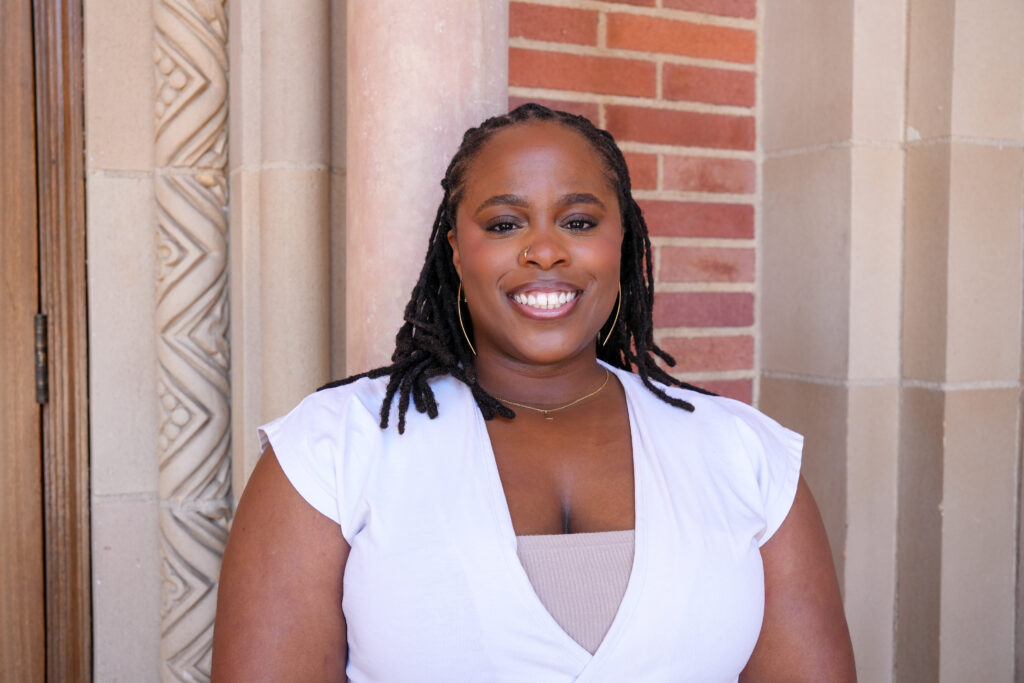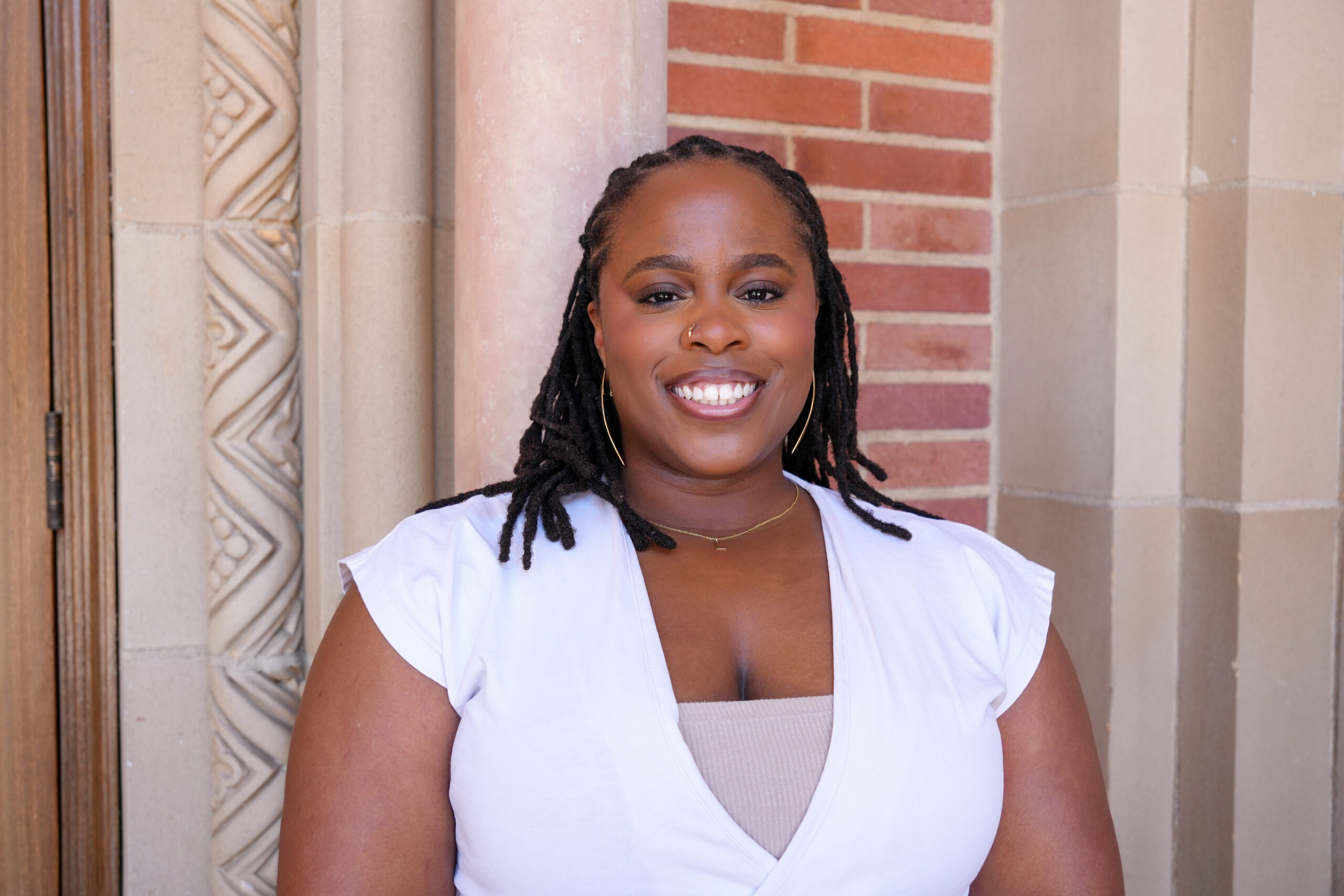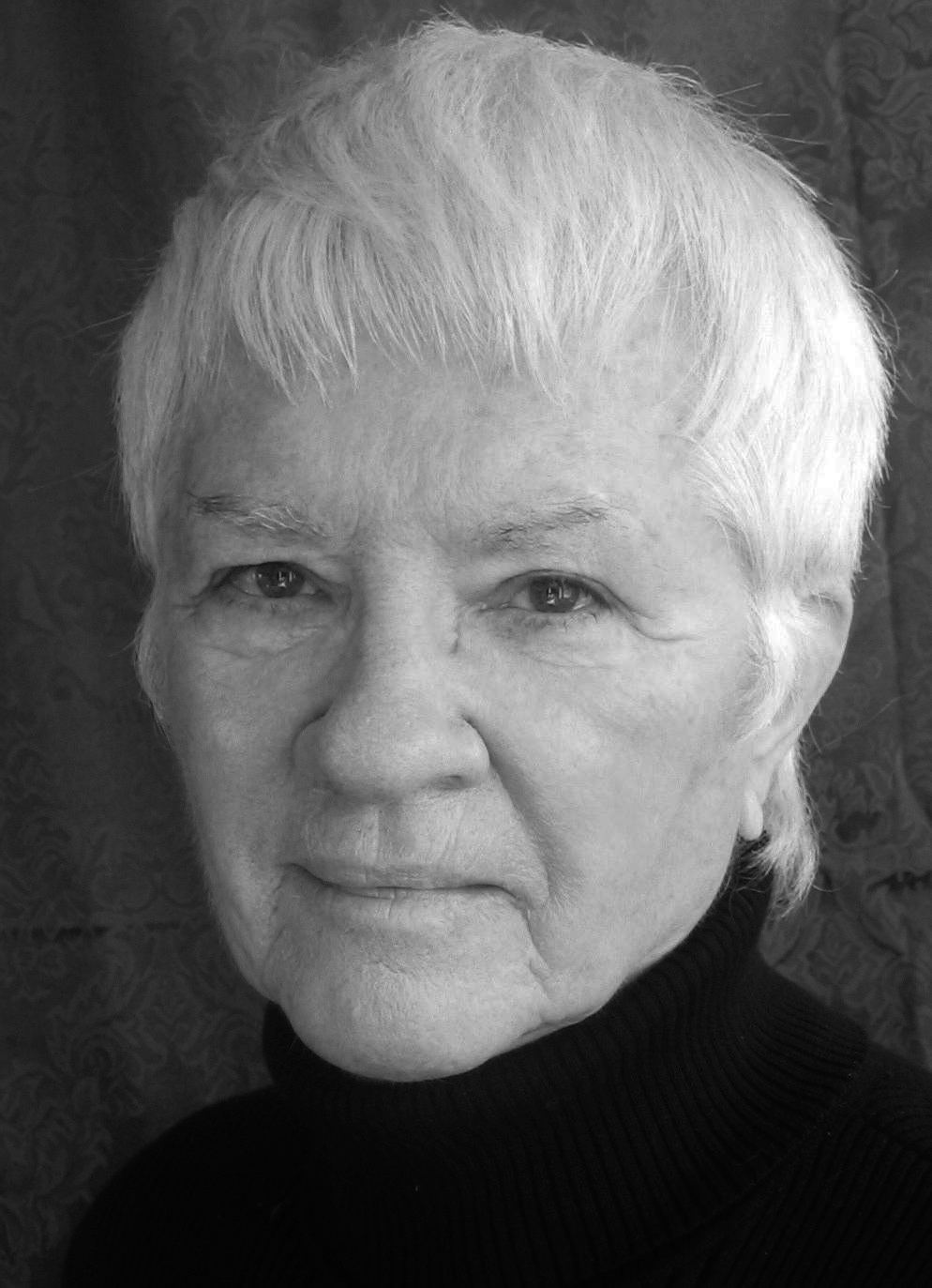The gender studies doctoral candidate was recognized for her ‘generous and inclusive approach to teaching’ and will receive a $30,000 dissertation fellowship award

Citlalli Chávez-Nava
Lynette Dixon, doctoral candidate in UCLA’s Department of Gender Studies, has been awarded the Distinguished Teaching Assistant Award by UCLA’s Teaching and Learning Center, becoming her department’s first recipient. The award recognizes teaching assistants who advance pedagogical practices that inspire, challenge and support all students.
Dixon, who serves as her department’s Teaching Assistant Consultant —a position held by experienced graduate students who teach a department’s pedagogy courses known for their 495-level classification — imparts teaching and classroom facilitation skills to fellow graduate students.
Elizabeth Marchant, chair of UCLA’s Gender Studies Department, praised Dixon’s reputation as an excellent teacher and mentor whose exemplary teaching impact extends across multiple disciplines on campus.
“When I looked at her Gender Studies 495 class roster, a required course for doctoral students in our department, I wasn’t surprised to find students from seven other graduate programs on campus had filled the class beyond its fifteen-seat cap, the enrollment is now at sixteen — only four of whom comprise our own second-year cohort,” said Marchant.
Dixon’s teaching philosophy leaves no student behind and is deeply influenced by the work of Black feminist theorist bell hooks, and particularly by her books “Teaching Critical Thinking” and “Teaching to Transgress: Education as the Practice of Freedom.”
“I think that students are often taught that they have to mask, discipline or leave parts of themselves outside of the classroom to be successful, but I try to resist that in how I show up,” said Dixon. “This is reflected in my flexible course policies and the way my lesson plans may change depending on our collective needs at the moment.”
Across varied courses and modes of teaching, Dixon’s evaluations are uniformly outstanding. In addition to the graduate pedagogy seminar, Dixon also teaches upper-division elective courses including: “Gender Studies 185: Cinematic Representations of Black Gender;” the core undergraduate course, “Gender Studies 102: Power;” and a large general education lecture course, “Gender Studies 10: Introduction to Gender Studies.”
“She has brought a generous and inclusive approach to teaching a broad range of courses, and we are truly inspired and delighted to benefit from her relentless dedication,” added Marchant.
Dixon’s classroom philosophy
“The feminist phrase the ‘personal is political,’ the idea that personal experiences are shaped by systems of power, is my North Star in the classroom. Many of the courses I teach focus on the study of power, and I make sure to demonstrate the connection between the personal and the political through my pedagogy. Therefore, I invite students to bring their whole selves into the classroom as part of the work we do: their identities, their interests, concerns and questions, culture, knowledge and epistemologies and previous experiences. The course texts and materials allow us to anchor all that the students bring, so we find common ground in and learn through it all.” – Lynette Dixon
Beyond the classroom, Dixon also works one-on-one with students as a writing instructor for the Gender Studies Writing Lab which offers writing support for department majors, and as a graduate research mentor for the Mellon Mays Research Symposium and the Undergraduate Research Center.
Dixon joins only five other awardees selected from an extensive group of extraordinary nominees selected by UCLA’s Teaching and Learning Center, a center on campus which aims to empower educators to advance instructional excellence through innovative resources and collaboration.
In recognition of her outstanding contributions to teaching, Dixon will receive a certificate and a $2,500 award, and a $30,000 Dissertation Year Fellowship Award from UCLA’s Division of Graduate Education. She will also be recognized at the annual Andrea L. Rich Night to Honor Teaching event in the fall.
“I am extremely grateful to receive this award since it will allow me to finish the final chapters of my dissertation and submit a chapter for publication,” said Dixon. “Soon, I will be applying for academic positions as I finish my dissertation, and this award will afford me the time to do so.”





